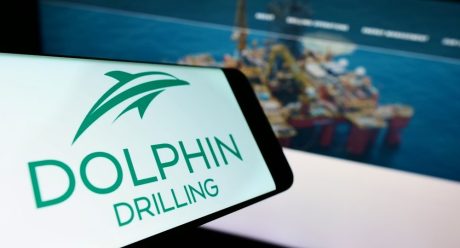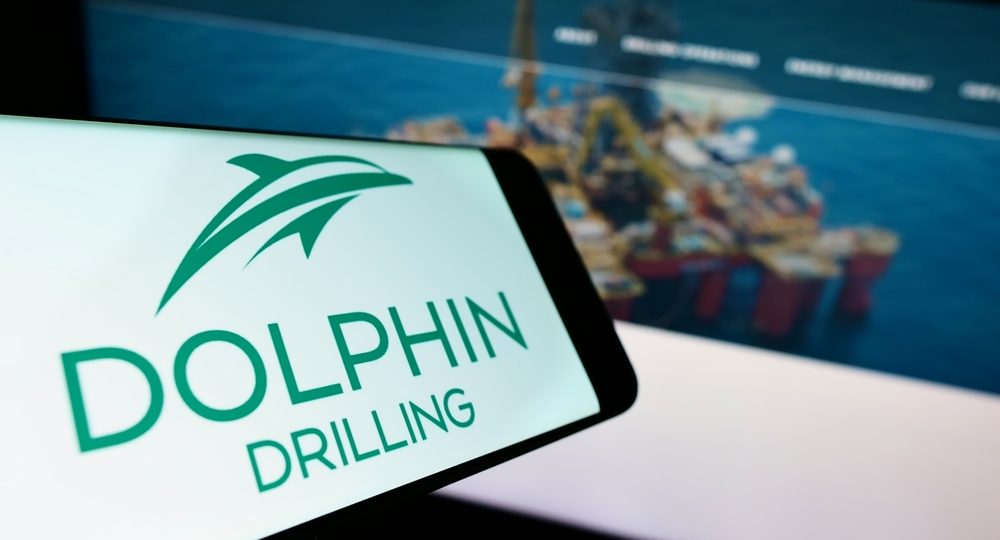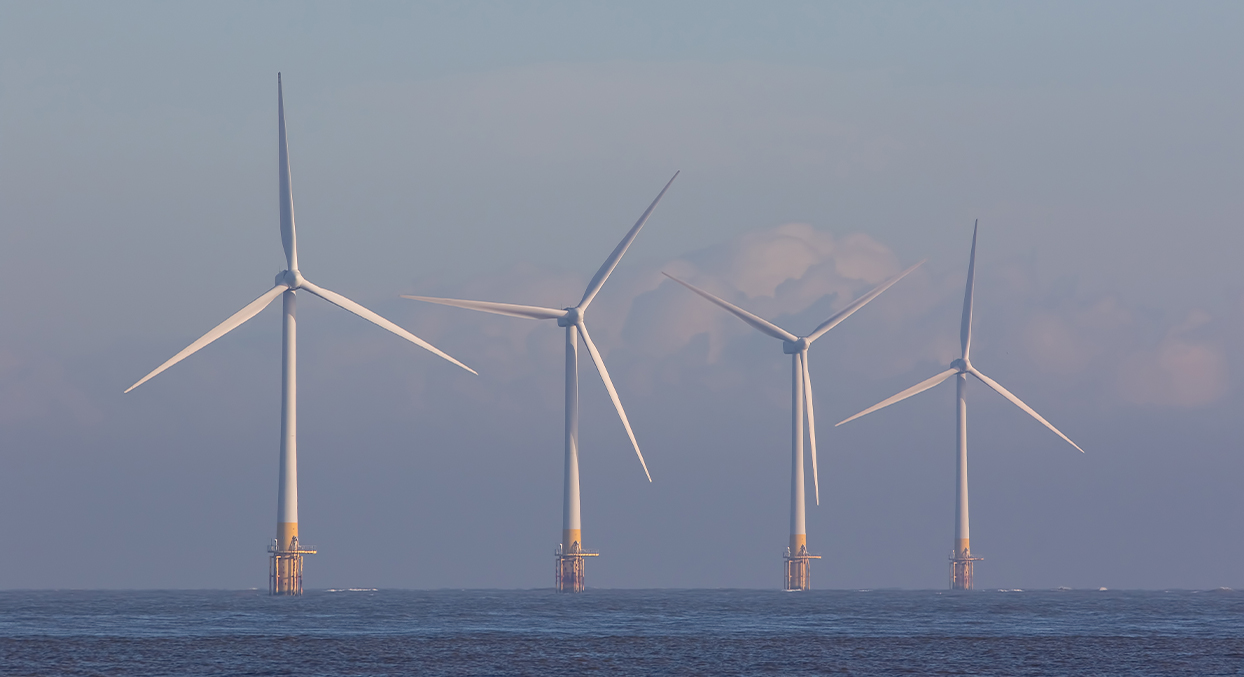On 14 December, the Court of Appeal is due to hear HMRC’s appeal against the decisions of the tax tribunals to allow Dolphin Drilling Limited (“Dolphin”) to make full deductions for vessel hiring costs when calculating its profits for ring-fenced corporation tax. Although the facts of the case are quite unusual, the decision will be widely anticipated by those in the offshore oil and gas sector. It will also interest others working in areas of tax law much further afield.
Anastasia Nourescu and Guy Bud consider the rules on the taxation of oil contractor activities, the background to the Court of Appeal case and its wider impact.
Taxation of oil contractor activities: a brief introduction
Oil and gas contractors are subject to a special regime of ring-fenced corporation tax under Part 8ZA of the Corporation Tax Act 2010 (“CTA 2010”). “Oil contractor activities” include the provision, operation, or use by contractors of a “relevant asset” as part of the offshore exploration or exploitation of oil in the UK territorial sea or the UK Continental Shelf. Under this legislation, the profits from oil contractor activities are ring-fenced, and the amount allowable as a deduction for the payment under a lease of a “relevant asset” is restricted in computing profits for corporation tax purposes.
Section 356LA of CTA 2010 provides that an asset qualifies as a “relevant asset” if it is movable or if it “can be used” to drill for oil or to provide accommodation for offshore workers.
Section 356LA(3) provides an exception to the latter provision: if the asset can be used for accommodating offshore workers, it is deemed to fall outside the definition of a relevant asset “if it is reasonable to suppose that its use to provide accommodation for offshore workers is unlikely to be more than incidental to another use, or other uses, to which the asset is likely to be put”. The word “incidental” is not defined in the legislation for the purposes of this exception, and according to HMRC’s Oil Taxation Manual at OT50010, it “takes its natural meaning”.
Background to the appeal
In the offshore oil sector, a minimum facility platform (“MFP”) is a relatively low-cost alternative to conventional drilling platforms. Although it is the MFP that ultimately performs the drilling process, it cannot do so without essential operational support services known as “tender assisted drilling” services. These services include the supply of materials used in drilling activities, warehousing, storage, workshops, offices, protection to seal the MFP in case of a catastrophic event and living space. They are provided by a separate tender support vessel (“TSV”) moored alongside it throughout the drilling process.
Dolphin chartered a former drilling rig called the Borgsten Dolphin (“Borgsten”). It entered into a series of agreements with Total E&P (UK) Limited (“Total”) governing the Borgsten’s conversion into a TSV and services subsequently to be provided to assist a Total-owned MFP (together referred to as the “Total contract”).
Before its conversion, the Borgsten had accommodation for 102 workers. This was retained during the conversion, although only around half were needed to accommodate the Borgsten’s own workers. Although the MFP had its own accommodation, Total wanted to use the remainder to accommodate workers from the MFP, and Dolphin even agreed to increase the number of berths to 120 as part of the conversion process.
Following an enquiry into Dolphin’s affairs, HMRC issued closure notices amending its corporation tax returns on the basis that the amount of the deduction claimed in respect of amounts paid for the hire of the Borgsten should be restricted. This was on the basis that the Borgsten was a “relevant asset” under section 356LA of CTA 2010. Dolphin appealed to the First-tier Tribunal (“FTT”).
The parties agreed that the Borgsten was movable and was also capable of accommodating offshore workers. The sole point in dispute was whether this usage was likely to have been more than “incidental” to the primary “tender assisted drilling” services.
Although the Borgsten was not a classic example of a mobile offshore hotel, also known as a “flotel”, used to accommodate offshore workers, HMRC considered that its accommodation function was sufficiently important in the relationship between Dolphin and Total that it could not be described as “incidental”. It was, therefore, a “relevant asset”.
In Dolphin Drilling Ltd v HMRC [2021] UKFTT 145 (TC), the FTT rejected HMRC’s contention and held that the Borgsten fell within the exception in section 356LA(3) of CTA 2010. This conclusion was reached after lengthy consideration of the Total contract and the dealings between the parties, including the relative value of the services provided, as well as evidence from the taxpayer regarding the actual use of the accommodation in the relevant period. HMRC appealed to the Upper Tribunal (“UT”).
Upper Tribunal decision
In HMRC v Dolphin Drilling Ltd [2022] UKUT 212 (TCC), the UT dismissed HMRC’s appeal and upheld the FTT’s decision.
HMRC’s appeal centred on two grounds. Firstly, HMRC argued that the FTT had erred in finding that even though the use of the Borgsten to provide accommodation was important to the parties to the Total contract, the provision of accommodation was “no more than incidental” to its other uses. This purported inconsistency was based on an argument that “incidental” was synonymous with “minor”, “inessential”, or “not crucial”.
The UT referred to the parties’ acceptance that “incidental” should bear its ordinary meaning. It held that “the question of whether one thing is incidental to another is a qualitative rather than a quantitative test” and that the term “incidental” references “a relational or relative element” against which the use for accommodation is assessed. While a use that is “desirable, sought-after or important” is unlikely to be incidental, the final decision “depends on all the facts and whether such use is … subordinate or secondary to another use”.
Secondly, HMRC argued that the FTT erred in its consideration of the exception in section 356LA(3) on the facts of this case. In particular, HMRC argued that the FTT should have confined its consideration to the Total contract rather than taking into account wider evidence (including witness evidence) on the use of the Borgsten.
The UT dismissed this ground as misconceived. The issue was not whether the Borgsten could be used as accommodation, which both sides accepted, but “the likely uses which could reasonably be expected for the vessel”. Although the Total contract was a major factor to take into account, the statutory analysis required a multi-factorial assessment in which other forms of evidence were also admissible. In any case, the oral evidence at issue might reasonably have been considered on ordinary principles of contractual interpretation. The FTT’s judgment was affirmed.
HMRC appealed against the UT’s decision. The Court of Appeal will consider the appeal in a hearing on 14 December 2023.
Why does it matter?
The oil contractor activities regime is a niche part of the legislation, and one would be forgiven for thinking this case is only relevant to operators and tax practitioners working in the oil and gas sector. However, the case is of much wider interest due to the tribunal’s consideration of the meaning of an “incidental” use or purpose. This terminology can be found scattered across the tax system. The similar “main purpose” test comes to mind, although that is generally assessed from a subjective point of view rather than the objective assessment dictated by the use of the words “reasonable to suppose” in the section 356LA(3) exception. Nevertheless, any guidance on the meaning of the words “incidental” and “more than incidental” is welcome, and the implications of a Court of Appeal judgment on this point are potentially far-reaching.
It will also be interesting to see if HMRC pursues its argument on the primacy of contracts before the Court of Appeal. It seems extraordinary to suggest that the likely uses that could reasonably be expected for an asset must only be ascertained from the written contracts and that witness evidence should be inadmissible.
Finally, given the UK government’s ongoing review of the oil and gas fiscal regime and the recent call for evidence on the evolving context of oil and gas, the current ring-fenced corporation tax regime may well be reformed and potentially simplified in the future. However, any such reform is not imminent, and the oil contractor activities rules will still be applicable for some time to come.
You can find further information regarding our expertise, experience and team on our Tax Litigation and Resolution page.
If you require assistance from our team, please contact us.
Subscribe – In order to receive our news straight to your inbox, subscribe here. Our newsletters are sent no more than once a month.







